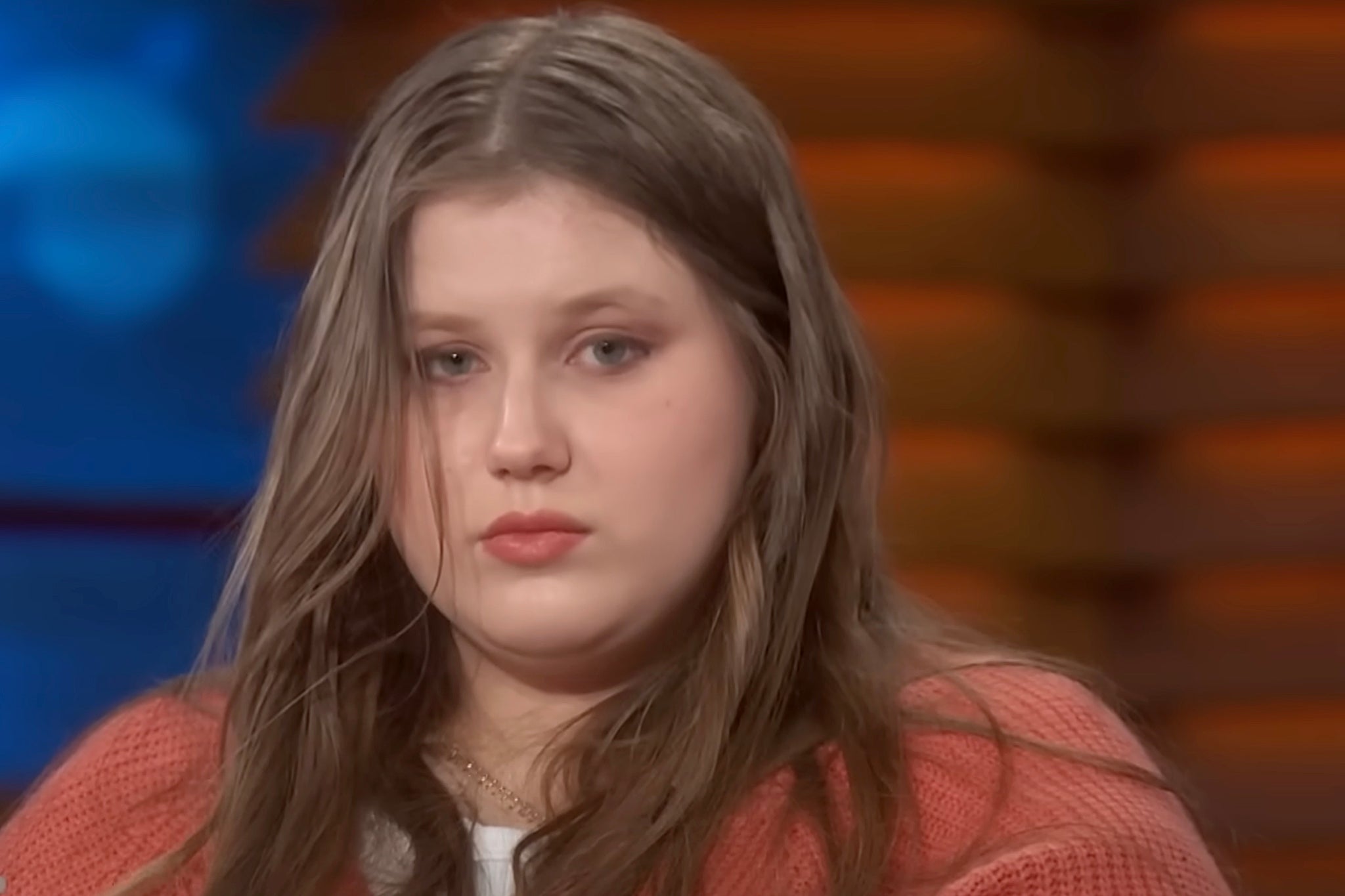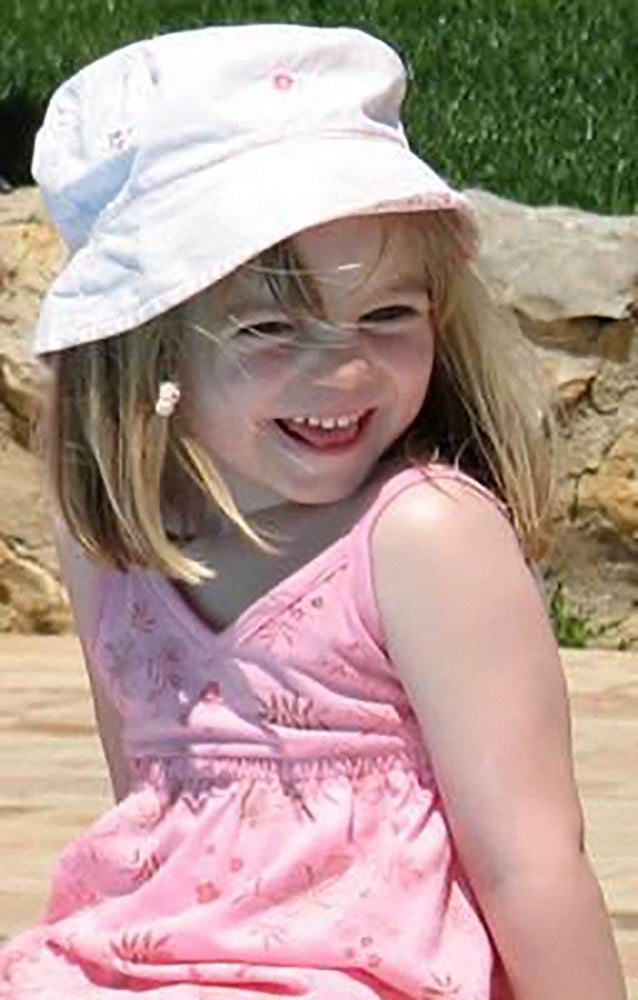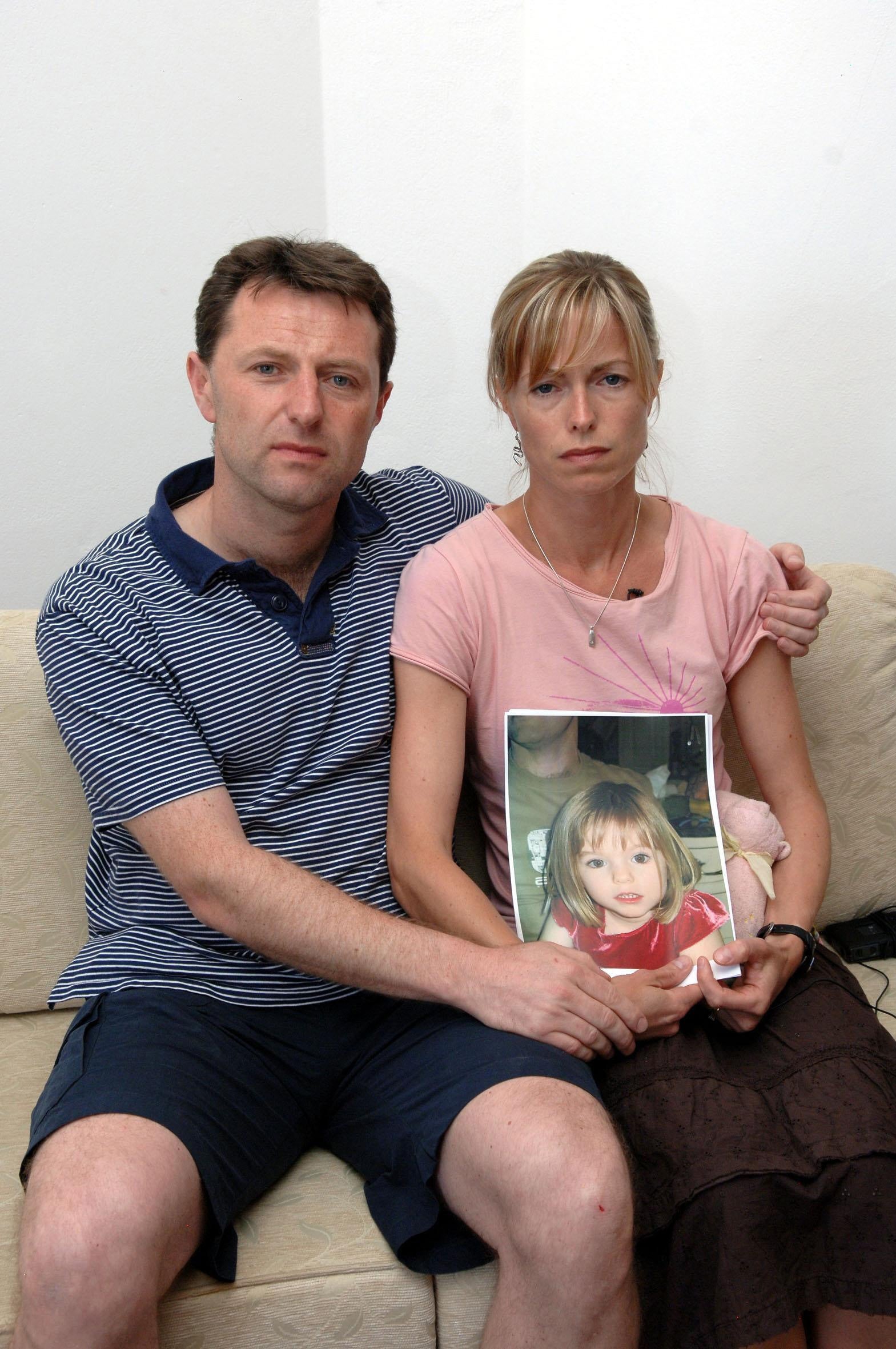Woman who said she was missing Madeleine McCann ‘regrets’ false claim
Julia Wandelt made headlines last year after claiming on social media that she was the missing girl and even took a DNA test

A woman who said she was missing Madeleine McCann last year has said she regrets the false claim and insists she never meant to hurt anyone.
Julia Wandelt, 22, made headlines last year after posting a video to Instagram in which she claimed to be the British girl who disappeared, aged three, on a family holiday in Portugal. The search for Madeleine has been ongoing since she went missing in 2007 after she vanished from her hotel room while her parents were out for dinner.
Ms Wandelt had said she was not related to her parents and ordered her genes be tested to show that she had British ancestry.

Her claims sparked a media frenzy, but were proved to be false after she took a DNA test in April last year that proved she was not Madeleine.
She was criticised for causing further pain for the McCanns, and the Polish national has since apologised for setting up the social media account that shared the claims.
“I never meant to hurt anyone - including [the] McCanns,” she told the BBC. “I really wanted to know who I am.”
She added that if she could, she never would have made the social media profile, adding: “I would never go on social media. It can destroy you.”
Appearing on the BBC Radio 4 podcast series ‘Why Do You Hate Me?’, she explained she first became suspicious of her identity when she was 20-years-old and her family could not fill in gaps she had in her memories about her childhood.
She then turned to the internet to scour missing person cases and came across the Madeleine McCann case and became convinced she was the missing girl - driven by similarities of them both in sketches and also the fact they both had a rare eye abnormality that makes the iris appear keyhole shaped.

She told the BBC that she contacted the police in Poland and the UK multiple times but was not taken seriously and so she turned to social media to find out “the truth” about where she came from.
She quickly racked up over a million followers on Instagram, but says she also suffered online abuse due to the account.
“I knew that there will be people who will not believe me or hate me, but I didn’t expect that I will get death threats, for example,” she told the broadcaster. “It was something that I don’t understand. People knew that I was abused and they all knew that I deal with depression.
“I was trying to be strong even when people said, you should die. You should be raped. You should be killed. You should be murdered. You shouldn’t exist in this world. You’re a b****”
Following the DNA test results, which confirmed she was from Poland, with some Lithuanian and Romanian heritage, Ms Wandelt deleted her account and posted an apology to the McCanns - who had declined to provide a DNA sample.

Her family also said at the time that it was obvious to them that they were related to her and said their daughter had taken evidence including photographs and a birth certificate with her when she moved out of their house.
“I apologised to the McCanns because I don’t know them personally,” Ms Wandelt said. “I don’t know if they were watching this journey, if they were sad or whatever. And I just wanted to say sorry. Because every person can react in a different way and maybe it brought them more sadness.
“I really wanted to know who I am, and I knew that it could make them feel sad.”
Bookmark popover
Removed from bookmarks